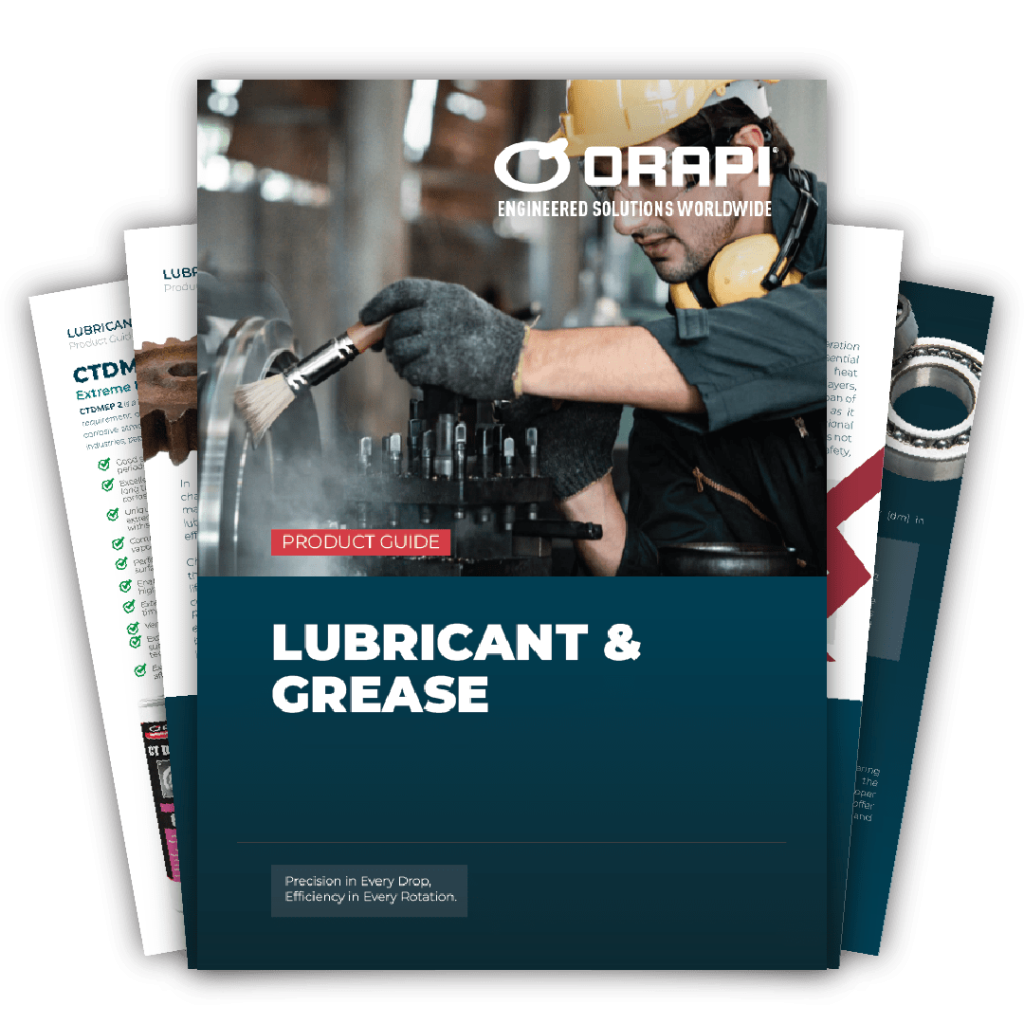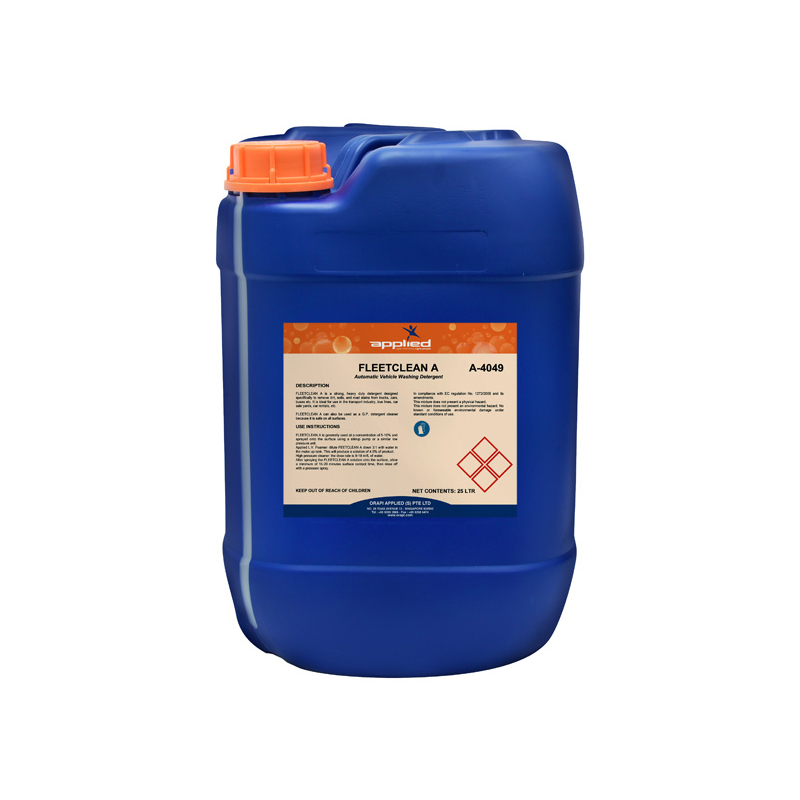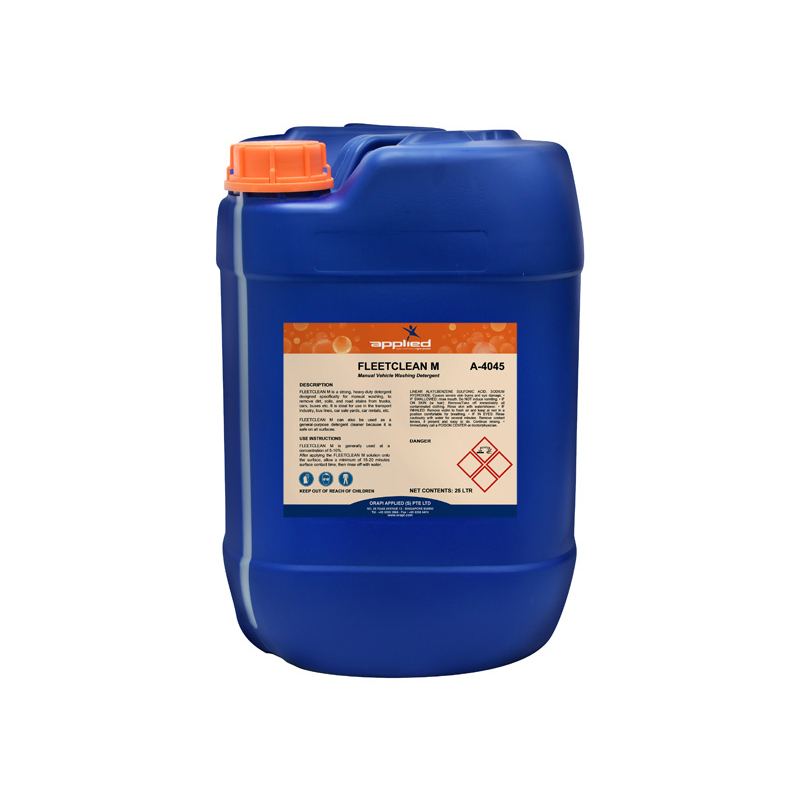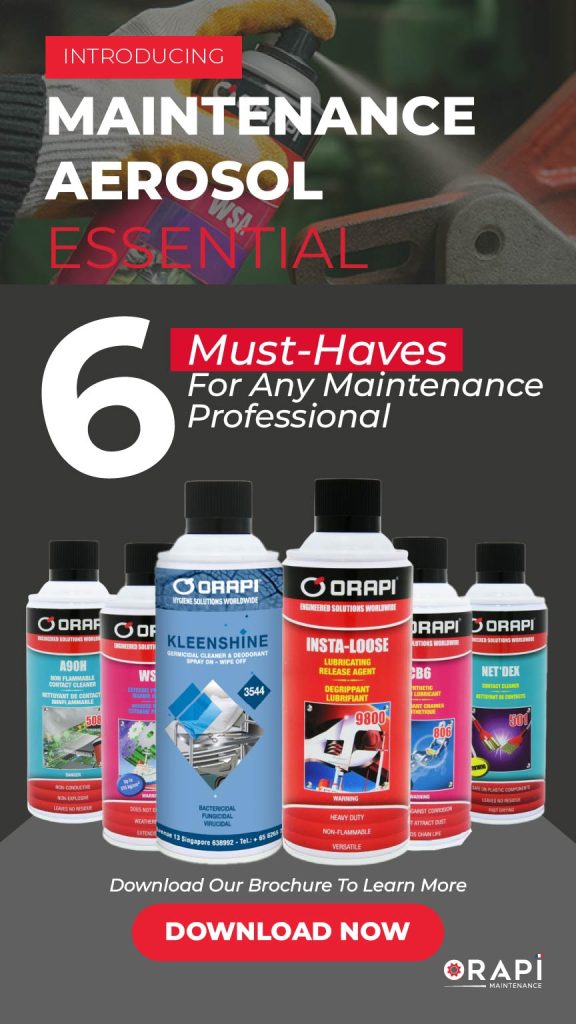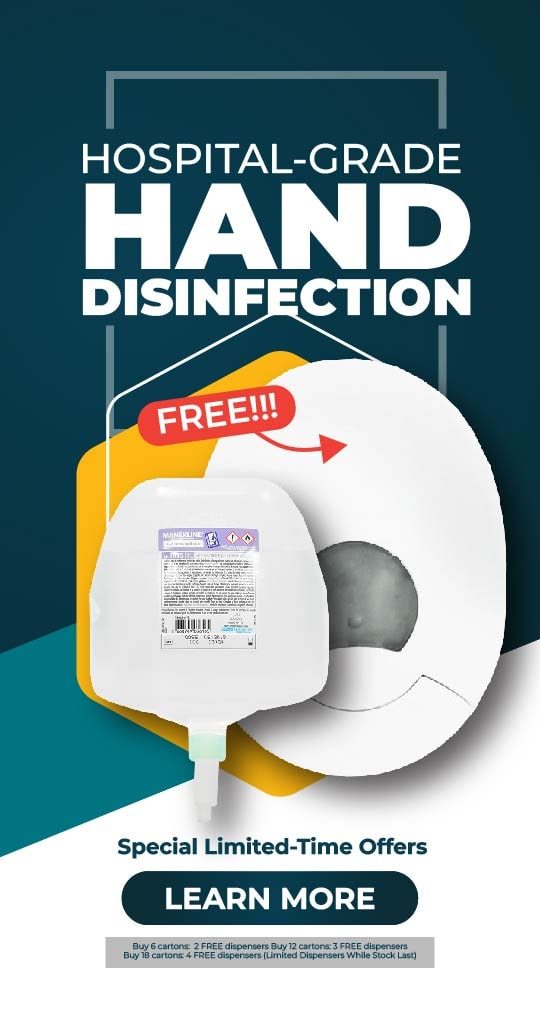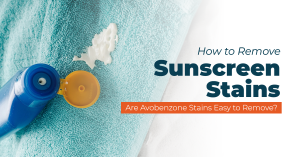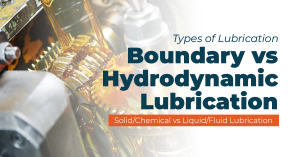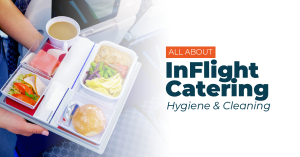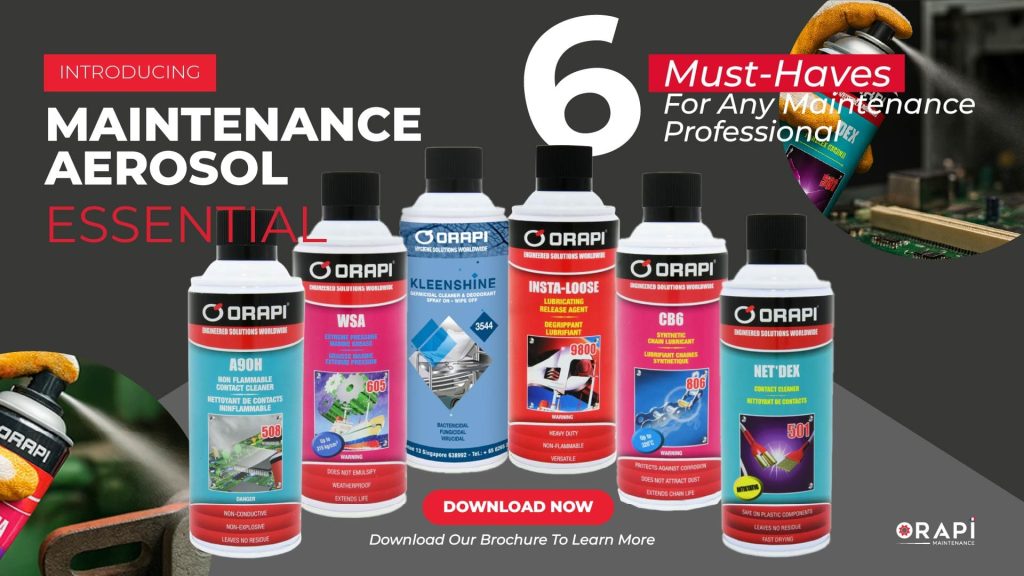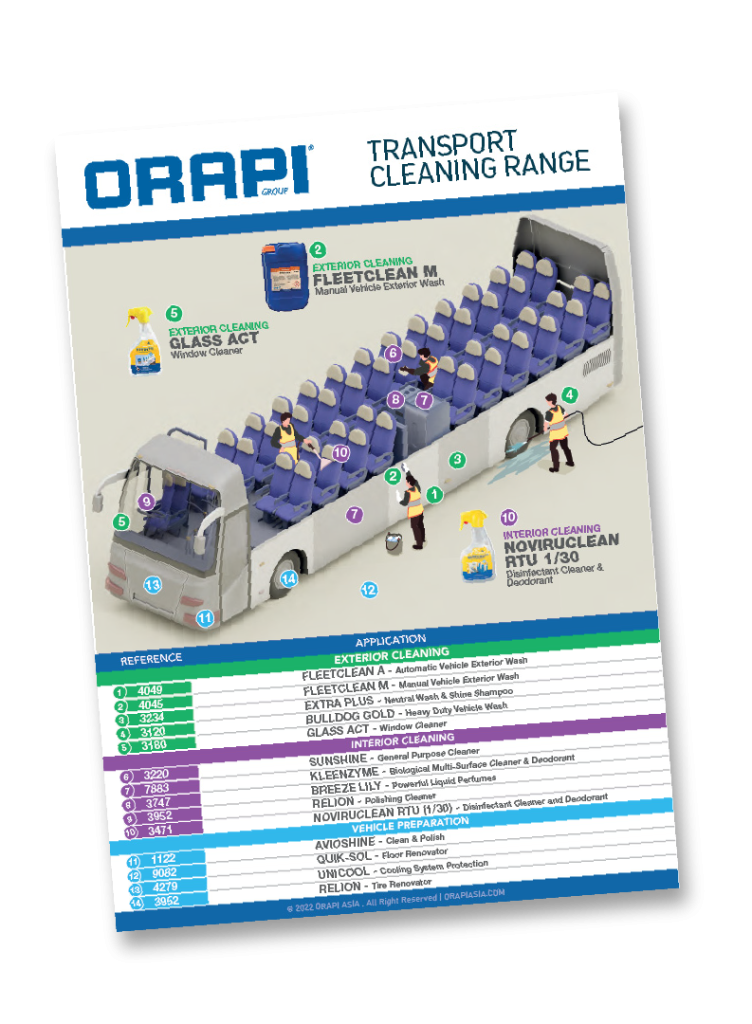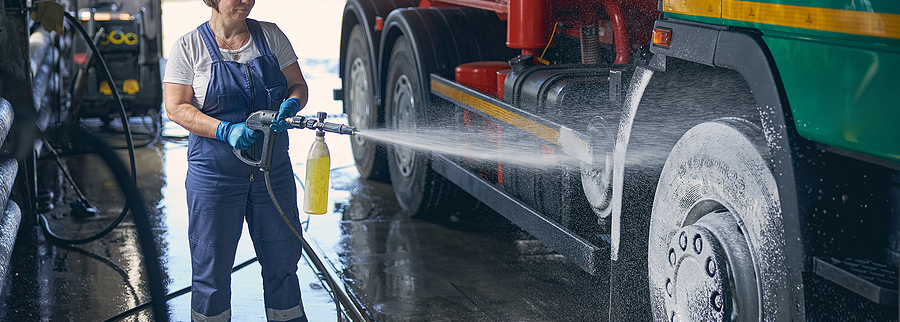
Selecting the right vehicle cleaning product is crucial for maintaining your vehicle’s longevity, keeping it looking spotless, and simplifying the cleaning process. High-quality cleaners shield your vehicle from harsh conditions, prevent surface damage, and help it maintain a brand-new appearance, whether it’s a construction truck, off-road adventure vehicle, or daily commuter car. It is also important to remember that normal surface cleaners are not safe to use on vehicles. They can strip the paint or polish off vehicle surfaces without providing adequate cleaning and do more harm than good. So, in this article, we will explore the best cleaning solutions tailored to different vehicle types and surfaces to ensure that your ride always sparkles and performs at its best.
Usage
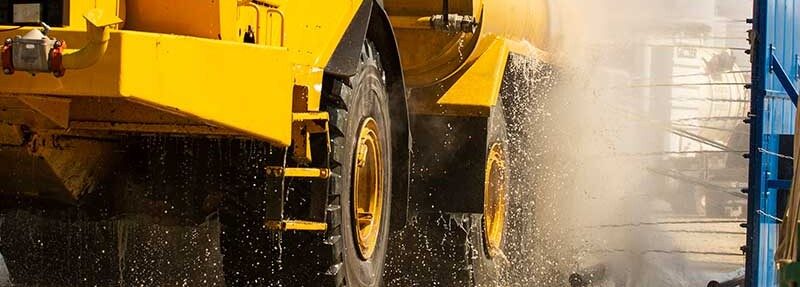
Construction Vehicles
Vehicles used in construction or industrial settings are exposed to tougher conditions, such as mud, grease, and heavy-duty dirt. Cleaning products for these vehicles should have stronger cleaning agents to handle such grime effectively.
Off-Road Vehicles
Vehicles used for off-road adventures encounter mud, sand, and other challenging terrains. Cleaning products for off-road vehicles should be capable of removing stubborn dirt and ideally offer protection against future damage.
Fleet Vehicles
Vehicles used for transportation or delivery services may require frequent cleaning to maintain a professional appearance. Cleaning products for fleet vehicles should be efficient and economical to use in large quantities.
Daily Commuting
Vehicles used for daily commuting often accumulate dirt, dust, and road grime. Cleaning products for these vehicles should effectively remove these contaminants without damaging the paint or other surfaces.
Vehicle Cleaning Product Considerations

When selecting a vehicle cleaning product, it’s important to consider the types of surfaces it is designed to clean. Different parts of a vehicle, such as paintwork, chrome trim, glass, plastic, and fabric interiors, require specific formulations to clean without causing damage or discolouration. Here’s why surface compatibility is important:
Avoiding Regular Cleaners
It’s important to avoid using regular surface cleaners on vehicles, as they can cause significant damage. These cleaners often contain harsh chemicals that can strip paint and finish off car surfaces. Always use products specifically designed for automotive care to preserve the integrity and appearance of your vehicle.
Non-Flammability
Highlighting a cleaning product’s non-flammable nature is important for safety reasons. Non-flammable products reduce the risk of fire hazards, especially when used around engines or other heat sources during cleaning.
Avoiding Damage and Discoloration
Remember to only use a cleaning product on the surface it is intended for, as failure to do so can result in irreversible damage or discoloration on vehicle surfaces. For example, using a cleaner designed for glass on plastic trim could cause fading or deterioration of the plastic.
ORAPI RECOMMENDS:
Versatility and Applications
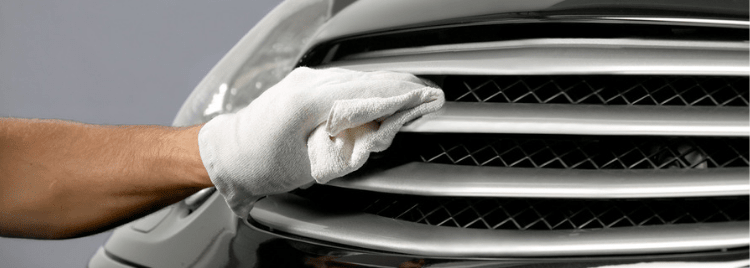
Versatility refers to the vehicle cleaning product’s ability to clean different types of vehicles. Here are the key aspects to consider:
Suitable Surfaces
Bodywork
A versatile cleaning product should be suitable for cleaning the vehicle’s exterior bodywork, including painted surfaces and clear coats. It should effectively remove dirt, road grime, and other contaminants without damaging the paint or leaving streaks.
Glass
The product should be capable of cleaning glass surfaces such as windows and mirrors, ensuring streak-free clarity and removing stubborn residues like bird droppings or tree sap.
Aluminium
For vehicles with aluminum components or wheels, the cleaning product should be gentle yet effective in removing oxidation, brake dust, and other stains without causing corrosion or dulling the finish.
Chrome
For vehicles with chrome components or wheels, the vehicle cleaning product should be specifically formulated to be gentle yet effective in removing tarnish, water spots, and road grime while preserving the reflective shine and preventing pitting or corrosion.
Vehicle Types
Cars
Many commercial vehicles, such as trucks and buses, have fabric curtains that require specialised cleaning products to remove dirt, grease, and odours while preserving the fabric’s integrity.
Trucks
Cleaning products designed for trucks should be robust enough to handle larger surfaces and tougher stains often encountered in commercial and industrial settings.
Buses
Products suitable for buses need to effectively clean large exterior surfaces and interior spaces, including windows, seats, and floors while being gentle enough not to damage delicate materials.
On and Off-Road Transport Vehicles
Products suitable for both on-road and off-road vehicles should be capable of removing mud, dust, and grime from all-terrain vehicles without compromising their protective coatings or finishes.
Cleaning Power and Effectiveness
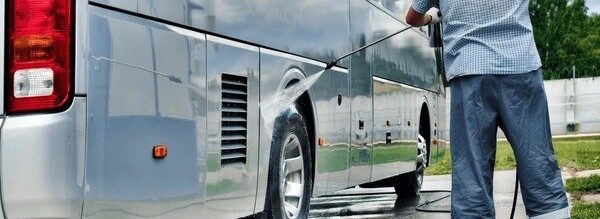
Removal of Dirt and Grime
Dirt and Soils
A high-quality cleaning product should effectively lift and dissolve dirt and soils accumulated on the vehicle’s exterior surfaces. This includes dust, mud, pollen, and other environmental contaminants.
Light Grease/Oil
Vehicles often accumulate light grease or oil residues, especially around wheel wells and lower body panels. The cleaner should be able to break down these substances without leaving streaks or residue.
Road Stains
Road stains, such as tar spots, insect remains, and bird droppings, can adhere stubbornly to vehicle surfaces. The cleaning product should have active ingredients that safely and efficiently dissolve these stains without damaging paint or a clear coat.
Handling Exhaust Staining
Exhaust Stains
Exhaust stains, characterised by dark discolouration on vehicle surfaces near exhaust pipes, can be challenging to remove. An effective vehicle cleaner should have specialised detergents or solvents that target and break down the carbon deposits responsible for exhaust staining.
Effectiveness
Describe how the product tackles exhaust staining by penetrating and lifting the stubborn residues, restoring the affected surfaces to their original appearance without causing abrasions or dulling finishes.
ORAPI RECOMMENDS:
Ease of Use and Application Methods

Application Flexibility
Spraying
Many vehicle cleaning products come in spray bottles or can be diluted and sprayed directly onto the vehicle’s surface. This method allows for targeted application and control over where the cleaner is applied.
Foaming
High-volume (HV) and low-volume (LV) foamers apply cleaners in a thick, clinging foam. HV foamers are suitable for covering large surfaces quickly, while LV foamers provide a more precise application to specific areas.
Sponging or Brooming
For manual applications, sponges or soft-bristled brooms can be used to apply and agitate the cleaner on the vehicle’s surface, ensuring thorough cleaning and minimising the risk of scratches.
Compatibility
Discuss whether the product can be applied using different methods depending on the user’s preference or the vehicle’s cleaning requirements.
Compatibility with Wash Installations
Automatic Car Wash Systems
Some vehicle cleaning products are designed specifically for use in automatic car wash systems. They are formulated to work effectively with the equipment and processes used in these facilities, ensuring thorough cleaning and optimal performance.
Truck Wash Systems
Similarly, products suitable for truck wash systems should be capable of handling larger vehicles and the specific challenges they face, such as efficiently removing heavy dirt and road grime.
Suitability
Highlight whether the product is safe for use in these automated systems, considering factors like foam consistency, cleaning action, and compatibility with equipment components.
Ease of Use and Application Methods

Conscientious consumers choose vehicle cleaning products that offer both economic benefits and a positive environmental impact. This section explores how such products contribute to cost efficiency and environmental sustainability.
Cost Efficiency
Effective Cleaning Properties
A cost-efficient vehicle cleaner should be highly effective in removing dirt, grime, and stains with minimal product usage. This not only saves on the cost of the cleaning product itself but also reduces the need for repeated applications.
Labour Time Savings
Products that clean efficiently can reduce the time spent on manual cleaning efforts. This is particularly beneficial for commercial vehicles or fleets, where minimising labour time can lead to significant cost savings over time.
Environmental Impact
Free Rinsing Nature
A free-rinsing vehicle cleaning product does not leave behind residues or streaks after rinsing. This characteristic not only enhances the vehicle’s appearance by preventing streaks but also reduces the amount of water needed for rinsing.
Minimization of Environmental Footprint
Products formulated with biodegradable ingredients or minimal environmental impact contribute to sustainability. When washed into waterways or soil, they break down naturally without harming ecosystems.
Regulatory Compliance and Certifications
Eco-Friendly Labels
Look for products that carry eco-friendly certifications or labels indicating compliance with environmental standards. These certifications assure consumers that the product meets certain environmental sustainability and safety criteria.
Long-Term Benefits
Preservation of Vehicle Surfaces
Gentle yet effective vehicle cleaning products help preserve the integrity of vehicle surfaces over time, reducing the need for costly repairs or refinishing.
Customer Satisfaction
Using environmentally friendly products can enhance a business’s reputation and appeal to environmentally conscious customers.
Conclusion
Choosing the right vehicle cleaning product is important to maintain your vehicle’s longevity and aesthetic appeal. High-quality cleaners protect against harsh conditions, prevent surface damage, and make cleaning easier. This article explores customised cleaning solutions for different vehicle types and surfaces, emphasising the importance of compatibility, non-flammability, versatility, and effectiveness. By selecting the appropriate products, you can ensure your vehicle remains spotless, protected, and performs at its best.
